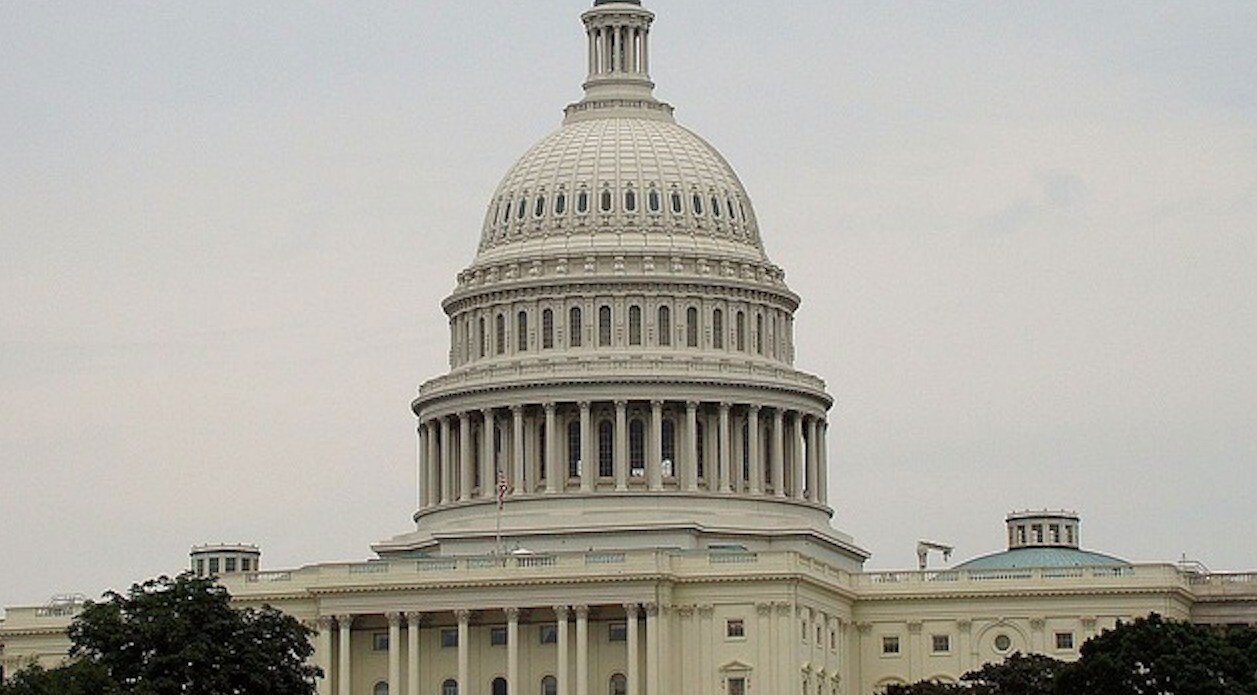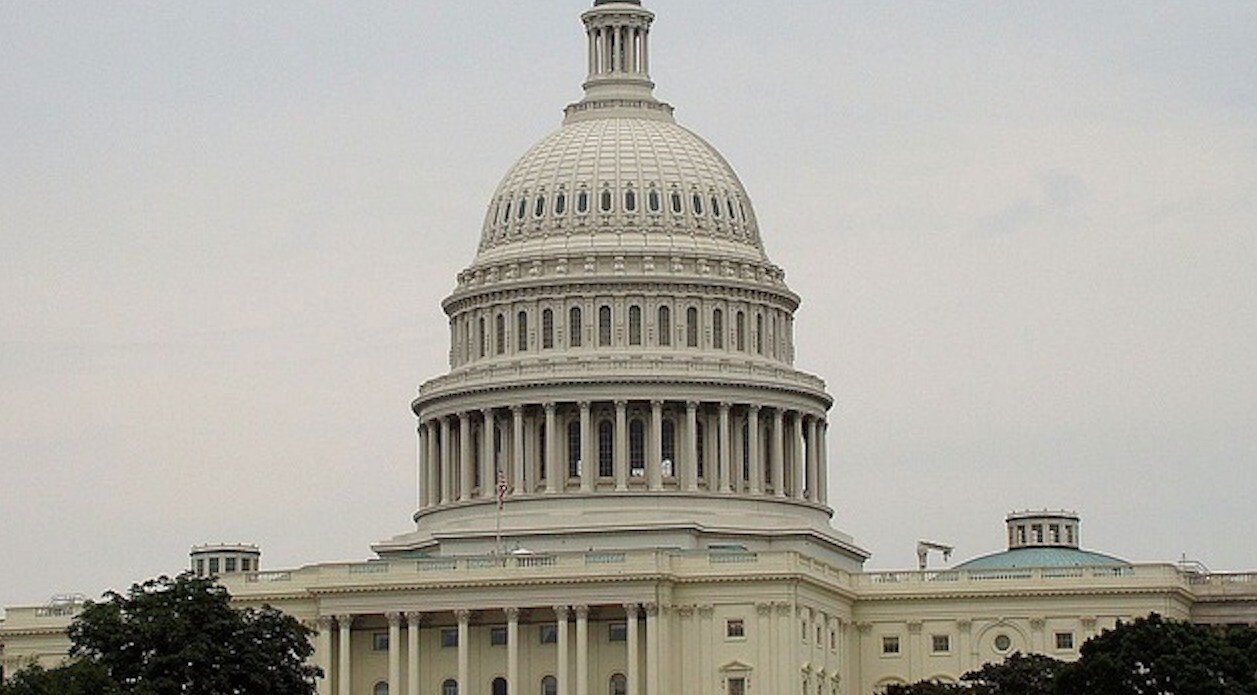US Lawmakers Write to Treasury Department Seeking Amendment On Proposed Crypto Tax Rules


A group of United States lawmakers have led an effort for a change in the proposed cryptocurrency tax regime announced by the Treasury Department.
The group addressed a letter to the Department on Nov 15 urging the body to change its approach to regulating the sector specifically reversing some broad definitions of terms.
Patrick Henry, the Chairman of the House Financial Services Committee, and Ritchie Torres led the move calling the proposed tax guidelines unworkable with the present market situation.
The Treasury Department’s Tax reporting rule was proposed in August and received severe backlash from the digital asset industry after a public consultation was announced to span to November. It has been disclosed that more than 124,000 comments were received and it is now open for possible revision with a final version set for release in the coming months.
“As we have communicated previously, the tax reporting requirements on digital asset market participants in the Infrastructure Investment and Jobs Act (the “IIJA”) are unworkable as written and fail to consider factors that are inherent to the digital asset ecosystem. The proposed regulations do not remedy our previously stated concerns.”
The lawmakers simply described it as “unworkable in its current form,” as it is harmful and would inhibit the investment drive around the industry.
Lawmakers allege unfair broker categorization
The definition of “broker” appears to be broad, seeking to include several parties who do not perform the traditional role of brokers even in centralized finance.
The definition of a broker as a person who facilitates digital asset sales includes decentralized finance exchanges that merely provide information a user may trade digital assets on their platform.
These guidelines put massive pressure on DeFi protocols for persons who are in a position to know the full identity of a party for tax reporting. This new standard will “sweep” more companies under the umbrella of brokers requiring multiple filings and huge responsibilities.
“It is not clear why the IRS would seek to promulgate a regulation that will raise the cost of doing business as well as inundate the IRS and American consumers with unnecessary information,” the letter reads.
Digital assets under scrutiny
Aside from the definition of a broker, the Treasury Department’s description of stablecoins is overstretched to include stablecoins and non-fungible tokens (NFTs), a move flagged by industry executives.
Some NFTs may represent financial tokens but the vast majority do not and the unfair grouping could affect the already declining market in the country. Similarly, defining stablecoins as digital assets for tax reporting will significantly reduce their adoption as they are mainly used for payment.
Furthermore, including stablecoins in this regulation undermines a wider effort by Congress to introduce a regulatory framework toward the asset class.




